
Meta-analysis reveals benefit of anti-inflammatory treatment for depression and anhedonia in individuals with inflammatory phenotype.

Meta-analysis reveals benefit of anti-inflammatory treatment for depression and anhedonia in individuals with inflammatory phenotype.

Meta-analysis identifies 2 antidepressants that separate from placebo and other antidepressants in relieving negative symptoms of schizophrenia

Lithium significantly reduces suicidal ideation and attempts in bipolar and major depressive disorder patients, enhancing long-term treatment outcomes.

A recent study reveals that the choice of initial antipsychotic significantly impacts long-term weight gain, highlighting the complexity of treatment outcomes.

Onfasprodil shows promise as a rapid treatment for resistant depression, offering fewer side effects than ketamine in recent clinical trials.

New research highlights the effectiveness of early psychosis intervention programs, emphasizing low caseloads and clozapine access to reduce relapse rates.

UK study of "active ingredients" in early psychosis intervention is applicable to US programs, according to the codirector of Stanford's INSPIRE Clinic.

New analysis qualifies OPTIMUM study, finding antidepressant combinations more effective than switching for treatment resistant depression in elderly.
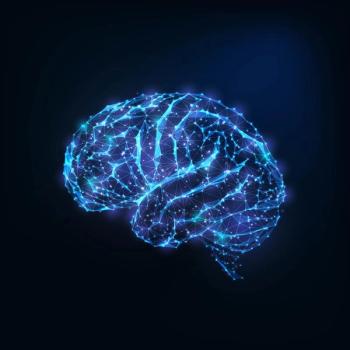
An interdisciplinary gathering at the 2025 virtual conference of the Society for Digital Mental Health heard presentations and panel discussions on digital therapeutics, along with reports of studies on the technology and outcomes by student and young researchers.

Innovative digital therapeutics like CT-155 are transforming mental health treatment, targeting negative symptoms of schizophrenia and enhancing depression care. Check out this conversation with Shaheen Lakhan, MD, PhD.

The Stanford Accelerated Intelligent Neuromodulation Therapy (SAINT) for treatment-resistant major depressive disorder has now demonstrated promise for reducing depressive symptoms of bipolar I disorder in an open-label feasibility and safety trial.

Patients with treatment resistant late-life depression are more likely to respond to antidepressants when sleep is sufficient or has improved.

A single dose of psilocybin was associated with a significant and sustained reduction in depressive symptoms and possible improvement of PTSD and burnout experienced by clinicians from the front line of the COVID-19 pandemic.

Discover key insights from February’s Special Report on child and adolescent psychiatry, exploring overlooked diagnoses, new research, and the complex impact of social media on youth mental health.
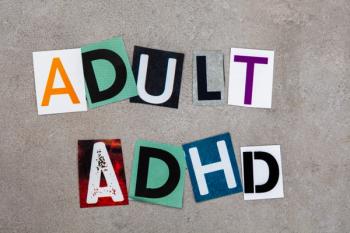
A recent meta-analysis compares efficacy and acceptability of pharmacological, psychological, and neurostimulatory interventions for adults with ADHD.
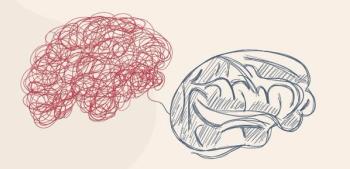
According to research, symptoms of ADHD are more often overlooked or diagnosed later in children with higher cognitive ability, physical activity, or social skills.

Choosing between these 2 interventions for patients with treatment-resistant depression may rest more on differences in access than in baseline characteristics.
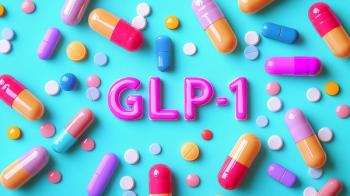
An observational cohort study found patients at less risk of hospitalization for alcohol use disorder when also being treated with a GLP-1 agonist anti-diabetic/obesity agent.
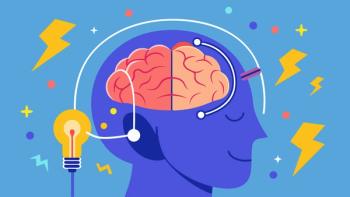
Post-hoc analysis of the ELEKT-D trial of ketamine and ECT for patients with treatment-resistant depression distinguishes between responders to the respective interventions.

A refined rTMS protocol, the Stanford Accelerated Intelligent Neuromodulation Therapy for major depressive disorder, shows promise in bipolar disorder.

Reports of suicidality with GLP-1RA antiobesity medication are supported by analysis of WHO data, but no association is found in large population cohort study or analysis of clinical trials.

Antidepressants posed "negligible" risk of inducing mania in bipolar depression, in a target trial emulation with a larger cohort than in RCTs that have assessed this effect.

Phase 2 trials suggest extended-release oral ketamine formulations could be alternative to clinic-administered treatment for resistant depression.
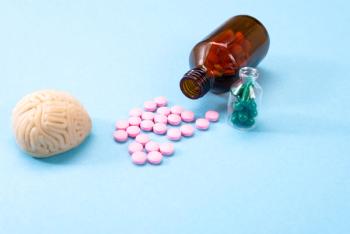
A review and meta-analysis of antipsychotic dose-response literature prompts a proposal for lower maximum target doses.

Esmethadone missed primary efficacy measure in phase 3 clinical trial after robust results in phase 2, possibly more to differences in the cohorts than the compound.
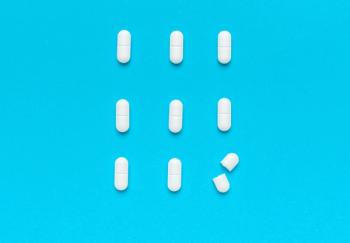
SSRI and SNRI antidepressants were deemed the safest classes of antidepressants in the event of excess dosing in an assessment of 14 antidepressants prescribed in the United States on 3 safety indices.

Guidelines from the World Health Organization's Mental Health Gap Action Program support nonspecialist health workers providing evidence-based treatments in underresourced regions.
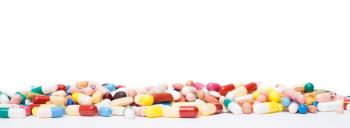
Recent research sheds light on which antidepressants should be preferred as a first option for long-term use.

Investigational agent KarXT is a first-in-class muscarinic receptor agonist demonstrating antipsychotic efficacy and safety in short- and long-term clinical trials.
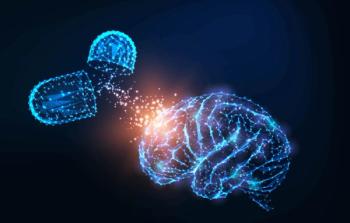
Antidepressants are differentiated by long-term response in a 2-year cohort study of patients with MDD.

Published: March 11th 2025 | Updated:

Published: December 5th 2023 | Updated:

Published: November 14th 2023 | Updated:
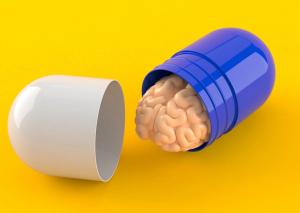
Published: January 12th 2024 | Updated:

Published: June 19th 2025 | Updated:

Published: August 11th 2025 | Updated: